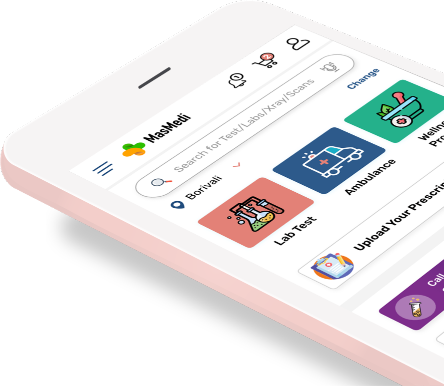Sample Type
Gender
Age Group
Tissue
Male/Female
All Age Group
The Greek words histo (which means tissues) and chemistry are the origin of the word histochemistry. Based on the varying chemical compositions of their constituent parts, it involves the differential staining of cells and other tissue components. Since most tissues are transparent, we must dye them in order to view them under a light microscope. There are numerous histochemical methods, each of which is appropriate for a certain objective. Some of the numerous tissue constituents are subject to chemical reactions that result in the formation of microscopic colour or fluorescence structures that can be seen under a microscope. Using a specific dye to stain a certain structure, an antibody to identify a protein, a lectin to identify a carbohydrate or synthetic nucleic acids to identify DNA or RNA are a few examples of histochemistry.
best labs
Option Near Youlab comparison
As per your budgetAffordable
Price GuaranteedUNBIASED ADVICE
On LabsSUNDAY LAB
Labs available on SundaysTracking health status made easy with the app. Now available on both Google Play Store and App Store. Book health tests and access your smart reports and health trackers anytime anywhere.
